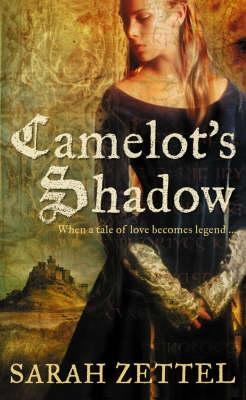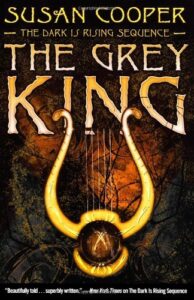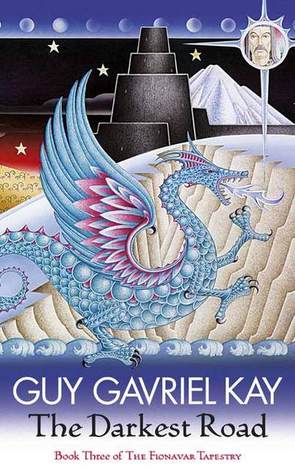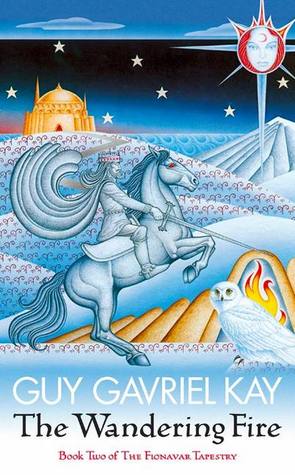 Camelot’s Shadow, Sarah Zettel
Camelot’s Shadow, Sarah Zettel
Originally reviewed in February 2010
Since I’m hoping that the module on King Arthur will run next year [note in 2016: it did], and reading widely in the tradition helped me with the Robin Hood module, I decided to revisit these books. As I said in my review almost two years ago, I’m not really one for romance books, generally, but these are Arthurian — which helps a lot, since it’s something I’m always interested in — and they’re not exactly bodice-rippers, and I do like Sarah Zettel’s writing. There’s genuinely a plot alongside the romance — at least in this first book of the four — and earlier elements of the tradition are woven into the story, while it’s also not quite a carbon copy. It could have deviated more from the tradition, easily, and perhaps been more engaging then, but this is interesting enough. I like the portrayal of Guinevere, very much in love with Arthur, and though she’s mischievous, she’s a good queen. If I remember rightly, the betrayal of Arthur with Lancelot isn’t re-enacted in this quartet, which I quite like. That’s something new. And I like this portrayal of Gawain, as compared to some quite loutish ones I’ve read before.
It’s interesting how close it sticks to the plot of Sir Gawain and the Green Knight, which I’m doing a module on at the moment. I hadn’t read that the first time I read this, so I didn’t really appreciate how it had taken that plot but also woven in the women, Rhian and Kerra, and how it’s also woven in the story of Sir Gawain and Dame Ragnell — which I haven’t read, but I know a decent amount about.
It’s nice that there’s an overarching plot to these four romances, with the figure of Morgaine, about whom we learn little in this book. It’s also nice that they’re romances in both the medieval sense and the modern sense. At least, it is for my inner geek.





